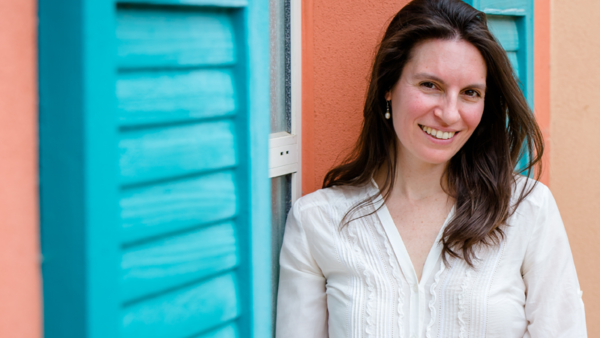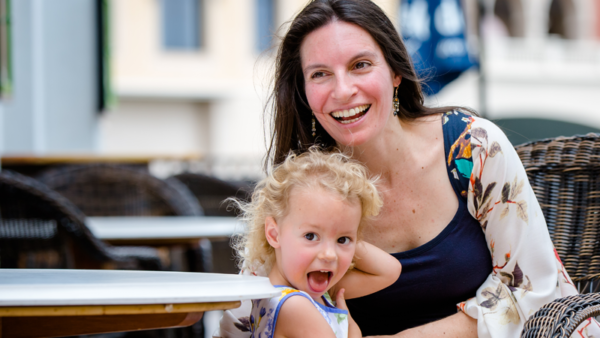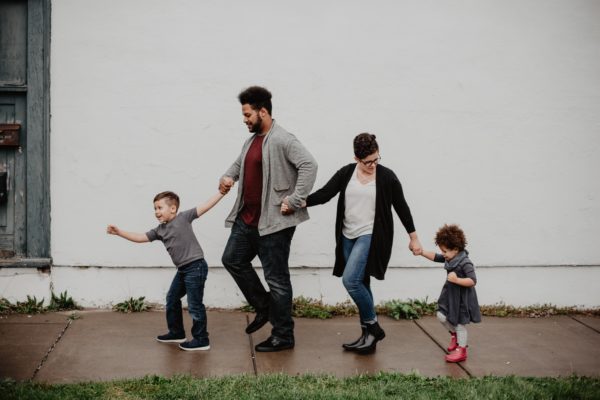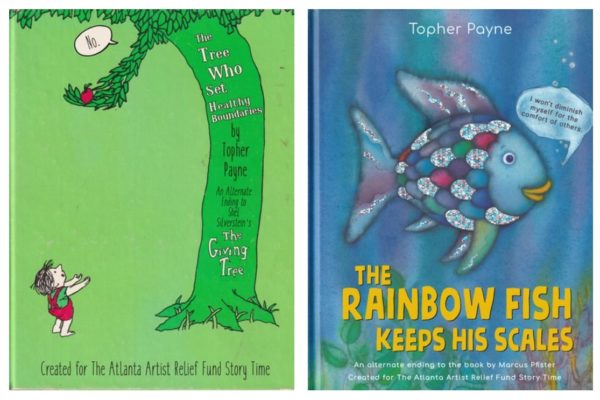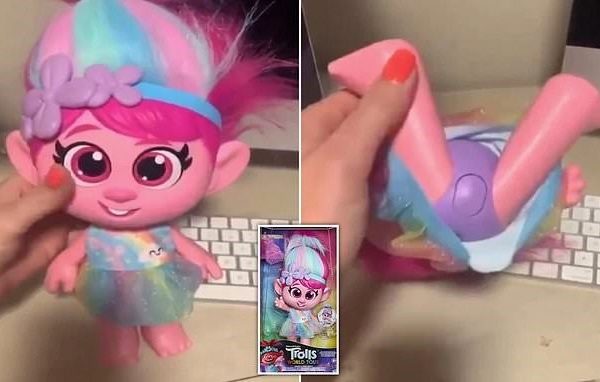I watched an amazing TED talk last night, Thordis Elva and Tom Stranger’s story of rape and reconciliation.
It’s breathtakingly bold for this rape survivor and her rapist share the stage, telling the story of their brief relationship as teens. They also share how the rape changed the course of their lives, taking them both into darkness for many years, and how their hard won reconciliation has brought light and purpose.
Of course I’m outraged that the rape happened, and sympathetic toward Thordis and inspired by her – those are the emotions I expected to feel. What surprised me is how I don’t hate Tom; I actually feel for his tragedy too. I can see how a perpetrator of sexual assault can be an average guy, not a monster, and how his soul was tortured too. I can see how she was able to reconcile with this man, and how it has brought peace to them both.
There’s something really important about this: talking about mistakes and reconciliation. We know that when we try anything new, we’re going to make lots of mistakes. We’re going to fall down often. So it’s really important that toddlers, as they learn to walk, don’t have far to fall. A little fall doesn’t scar the way a big one can. Making those mistakes hurts just enough to grab our attention, but not so much that we’re traumatized and won’t try again.
The best way to learn anything is to try, taking low-stake risks, then reflect on what was right and what can be improved, then to try again. I know this from teaching. It suddenly occurred to me that this is not what kids are experiencing as they experiment sexually.
First of all, none of it is low stakes. There’s high emotion with a crush and on top of that there are strong concerns about status. Add to that our kid’s digital identities: Anything they send through their phones, like social media posts or flirtation via text, may outlive the relationship and be used spitefully. Experimenting with porn rewires the arousal pathways in the brain and skews norms and boundaries. Misteps with any of these are treated as big mistakes, even moral deficiencies, not normal learning curve calibration.
Secondly, many kids don’t have time or space to reflect. They are kept busy with school and extra-curricular activities, maybe to build their resume, but also to provide structured and supervised activities that will keep them out of trouble. Even if they do journal or tell their friends everything, there’s no mentor. To learn about soccer or math, we make sure there’s a qualified mentor. What about sexuality? When and with whom do kids get to reflect on their sexual experiences, especially their mistakes and what they can learn from them? (I’ll tell you one thing: in the country with the best outcomes worldwide, the Netherlands, it’s with their parents.)
With our hypersexualized media, yet sex-silent culture, it’s hard to make mistakes and learn from them. And if we can’t do that, reconciliation is out of the question. Which means, the hurts inside the victims and the self-horror of the perpetrator continue the silence and shame.
Thordis and Tom show us a different direction. So does Jackson Katz in his TED talk, Violence Against Women – It’s a Men’s Issue. We need to find a way to parent our kids through their sexual mistakes, so that we break this cycle.
To do that, we’ll need to talk with our kids about their first sexual experiences. We’ll have to accept our children and mentor them. We’ll have to make it safe to make a mistake and talk about it.
What do you need to be that kind of parent? Whether it’s support to work through your own hang ups, or strategy to create the right environment for your child, please use the contact form to email me and tell me what I can do for you.
In support of you,
Anya
P.S. The 2018 Talking To Kids About Sex Interview Series is dedicated to this topic. Our theme is parenting to prevent the next generation’s #MeToo stories. It’s totally free Nov 5th through 18th. Won’t you join us?

